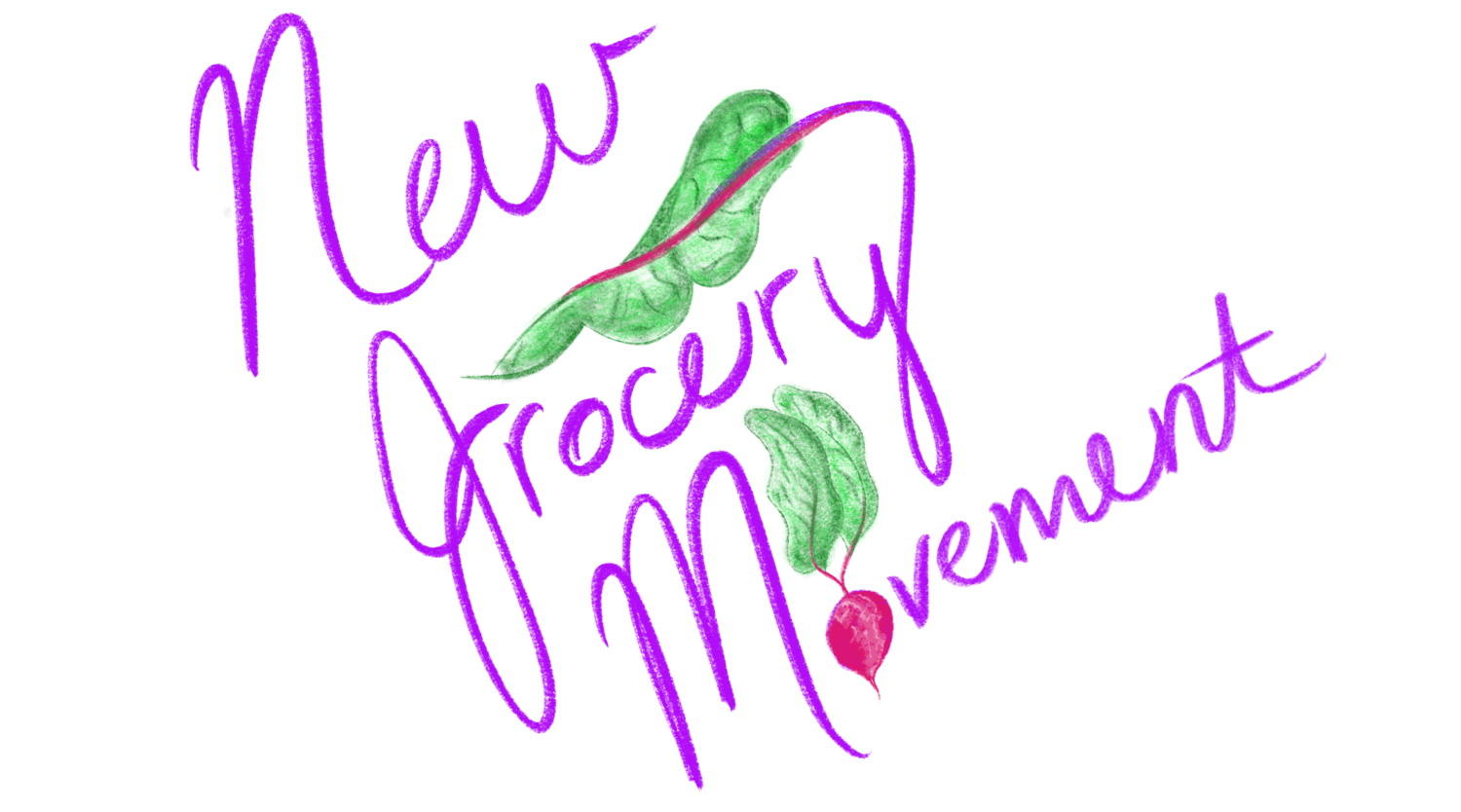Food Inflation
What is Food Inflation?
Food inflation refers to the gradual increase in prices of food products over time. In other words, it means that the cost of purchasing the same amount of food increases over a period of time. This can be due to a number of factors such as rising production costs, transportation expenses, or changes in consumer demand.
Food inflation is often measured by the Consumer Price Index (CPI), which tracks the average price of a basket of goods and services purchased by households. When food prices rise more quickly than other goods and services, it can impact household budgets, particularly for low-income individuals and families who spend a larger proportion of their income on food.
Who’s impacted?
Simply put: everyone. But here are who we recognize to be the most severely impacted:
Low-income individuals and families, who spend a larger proportion of their budget on food and may struggle to afford healthy, sustainable and local options
Indigenous communities, who have historically been exploited and marginalized in the food system, leading to higher rates of food insecurity and limited access to traditional foods
Marginalized Communities and ethnic groups who may not have the same access to education and resources
Rural communities, which may have limited access to affordable and fresh foods due to geographic isolation and lack of infrastructure
Migrant and temporary foreign workers, who often work in low-wage jobs in the food system and may struggle to afford healthy food
Small farmers and food producers, who may struggle to compete with large agribusiness corporations and face financial insecurity as a result
Young people, who may be disproportionately impacted by food insecurity due to a lack of income and limited access to education and job opportunities.
What are we doing about it?
NGM works in many areas to help fight Food Inflation. Here are some examples:
Investment in local food systems and small-scale growers: Investing in local food systems can help reduce the impact of supply chain disruptions on food prices. NGM helps in expanding access to land, and providing training and technical assistance to budding farmers through our garden club and becoming community partnership. Find your nearest community garden here.
Promotion of sustainable food chain practices: NGM advocates for policies that promote sustainable agricultural practices, such as regenerative agriculture, agroecology, agroforestry, and conservation agriculture. These practices can improve soil health, reduce greenhouse gas emissions, and increase resilience to climate change, which can help to mitigate the impact of extreme weather events on food prices. We also support innovation and sustainability throughout the supply chain.
Food waste reduction and seasonality: NGM shares resources that encourage food waste reduction on our social media platforms.
Increased regulation of food markets: NGM supports increased regulation of food markets to prevent price manipulation and speculation by large corporations and financial institutions. This can include measures such as limits on speculative trading in commodity markets, anti-trust regulations to prevent market consolidation, and increased transparency and oversight in food supply chains.
Education: educating people about food inflation, working with communities to build better access to sustainable and local food, supporting people on their own food-growing journey, etc. More resources can be found here.
Food inflation can also lead to food insecurity, as some individuals and families may struggle to afford enough food to meet their daily nutritional needs. It is an important issue to address, as access to affordable and nutritious food is essential for the health and well-being of individuals and communities. According to the latest data from Statistics Canada, the average cost of food in the country increased by 3.6% in the first quarter of 2022 compared to the same period in the previous year. This represents the largest year-over-year increase in food prices since 2016.



